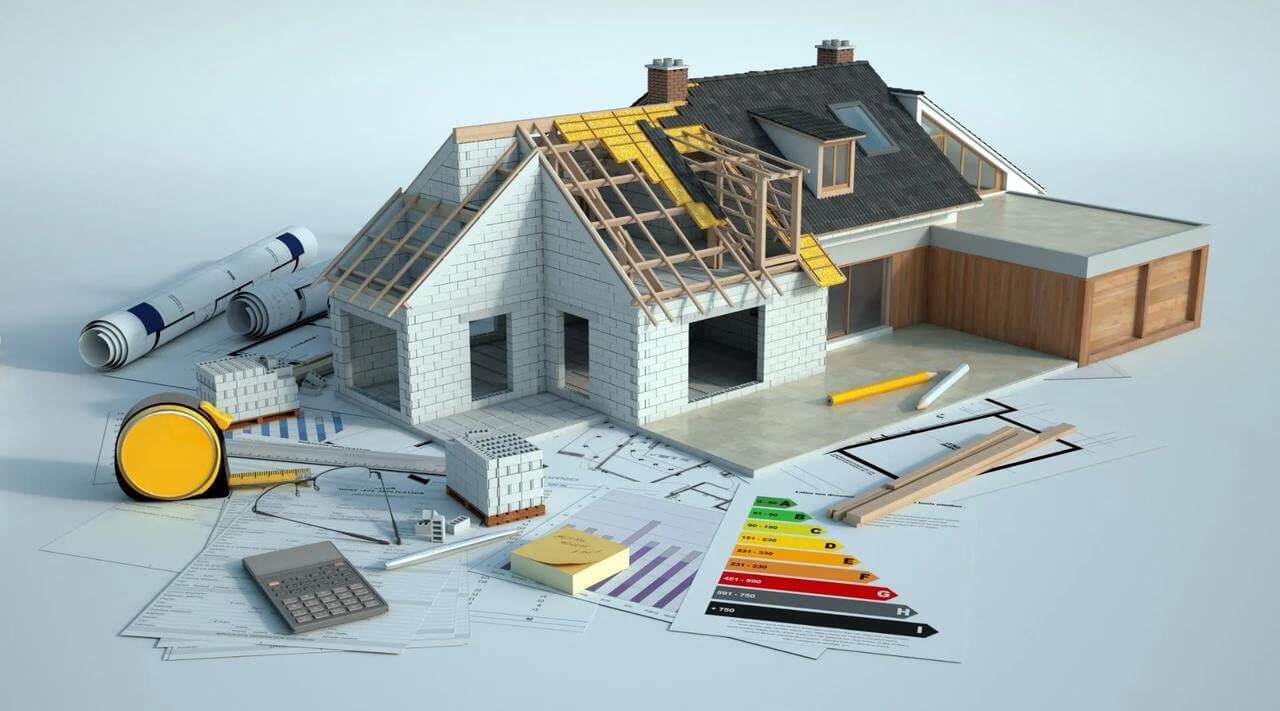
Renovating your home is an exciting journey, but it can quickly turn stressful when unexpected costs start piling up. Many homeowners underestimate their renovation budget, only to be caught off guard by hidden expenses. To help you plan effectively, here’s a guide on how to budget smartly and avoid unwelcome financial surprises during your renovation.

1. Start with a Realistic Budget
One of the most common mistakes homeowners make is setting an unrealistic budget. Before jumping into your renovation project, research the estimated costs for materials, labor, permits, and additional expenses. It’s always a good idea to get multiple quotes from contractors to understand the average market rates.
Tip:
Allocate at least 10-20% of your budget as a contingency fund to cover any unexpected costs that may arise during the renovation process.
2. Understand Hidden Costs in Renovation
Even with careful planning, certain costs can sneak up on you. Here are some common hidden expenses:
- Permit Fees: Many renovations require approvals and permits, which can add up depending on the scale of your project.
- Structural Issues: Unexpected issues like plumbing, wiring, or foundational problems may only be discovered once work begins.
- Material Wastage: Extra materials are often needed due to measurement errors or unexpected damages.
- Temporary Living Costs: If your renovation is extensive, you may need to relocate temporarily, which means additional costs for accommodation and meals.
- Cleanup & Disposal Fees: Post-renovation cleanup and disposal of construction waste might not always be included in the contractor’s quote.
3. Get a Detailed Contract from Your Contractor
Before starting any work, make sure you have a clear and detailed contract outlining:
- Scope of work
- Payment schedule
- Timeline
- Material costs
- Additional charges or potential extra costs
A well-drafted contract protects you from vague pricing and unexpected add-ons during the renovation process.
4. Choose Quality Over the Cheapest Option
While it’s tempting to go for the lowest quote, cheap renovations often come with compromises in quality. Poor workmanship and low-quality materials can lead to frequent repairs, costing you more in the long run. Instead, invest in durable materials and skilled contractors who provide transparency in pricing.
Tip:
Compare multiple quotations, read reviews, and ask for past work references before finalizing a contractor.
5. Track Expenses and Stay Within Budget
Keep track of all expenses during the renovation to avoid overspending. Use budgeting apps or spreadsheets to monitor costs and ensure you’re sticking to your financial plan.
Tip:
Regularly communicate with your contractor about costs and progress. This prevents surprises and ensures that any adjustments are made within your budget.
6. Plan for Long-Term Costs
Some renovations may have additional ongoing costs, such as maintenance, increased utility bills, or higher property taxes. Factor these into your overall budget to avoid financial strain after the renovation.
Conclusion
Proper planning and smart budgeting can make your renovation experience smooth and stress-free. By anticipating hidden costs, setting a contingency fund, and working with reputable contractors, you can avoid unwanted surprises and enjoy the transformation of your home without breaking the bank.
Need expert guidance for your home renovation? Contact Auralite Singapore at [email protected] to get started today!

